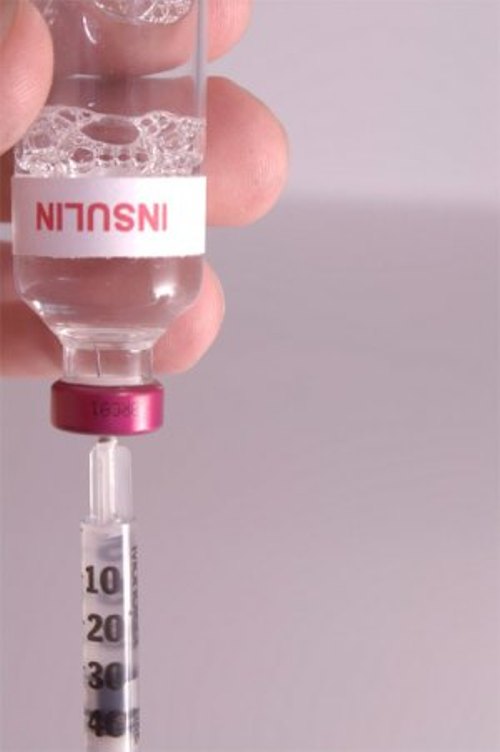Instruction
1
First of all, to reduce the production of insulin, you must properly adjust the diet regime and nutrition. The main part of the daily amount of food try to eat before noon, evenly distributing the rest. But after 19 o'clock in the evening do not eat at all.
2
Discard foods with a high glycemic index. To determine this index look for the special table – they are quite often published. But without tables, you should remember that products such as milk, beans and whole grains contain the right proportions of proteins, fats and carbohydrates. They can build their healthy diet. Thus, your diet must be present cereals, breads, bagels, bagels, pancakes made of unleavened dough, brown rice, oats, vegetables and fruits, legumes, low-fat products. Very useful avocado or its extract in capsules. And, by the way, one of the few sweets that are not only acceptable when elevated levels of sugar in the blood, but also very useful – it is the fruit of pomegranate.
3
Balance the intake of minerals involved in carbohydrate metabolism, and, above all, chromium, calcium and magnesium that will help maintain blood normal levels of insulin and sugar. The best source of chromium, for example, is brewer's yeast, calcium – dairy products, magnesium – plant products, and among them particularly effective sesame, bran, nuts and seeds. It should only remember that together with the fats magnesium is not absorbed, so do not, for example, salads with mayonnaise.
4
The sugar level in the blood increases during stress, so if possible, avoid stressful situations. By the way, you really can help yoga. Ordinary physical exercise will also do the trick, but they must be reasonable and not excessive, otherwise you will get the opposite effect. Make your sessions regular – walk, walk in the fresh air, jump over the rope, work in the garden or go to the gym – choose what you prefer, and act.




